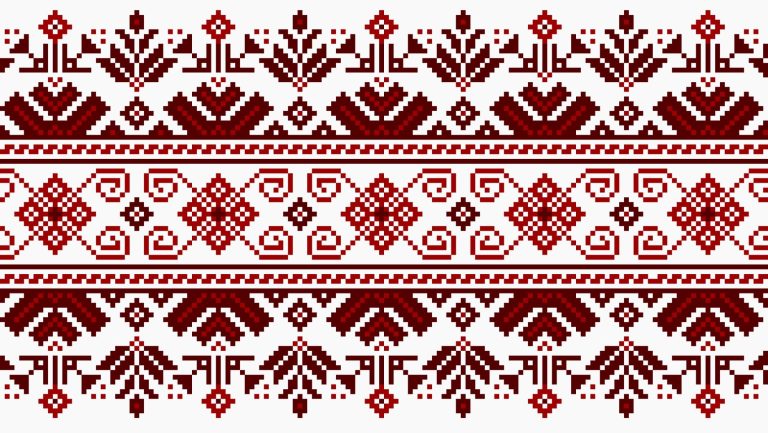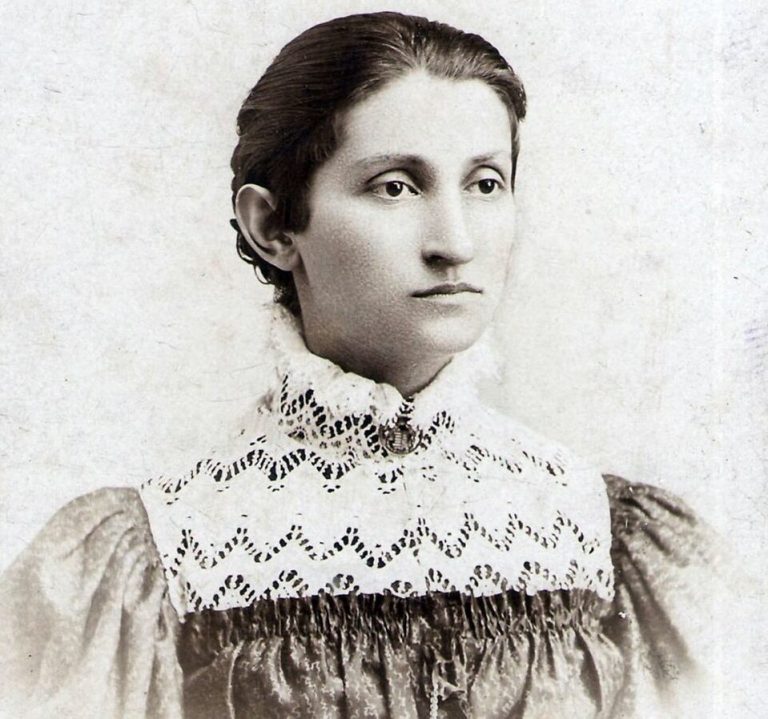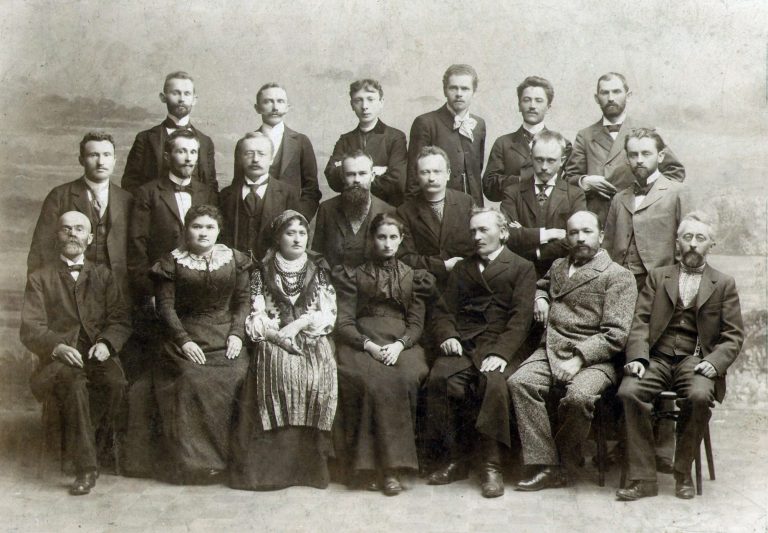Olha Kobylianska


The mountain eagle of Ukrainian literature
Olha Kobylianska (1863-1942) was a Ukrainian writer, women's rights activist and early feminist thinker whose numerous literary works include poems, novellas and novels. Her literary style can be characterized as emotive, lyrical and humanist. In her works she gives much time to vivid descriptions of human emotions, feelings, and inner struggles. In addition, her work deals with social issues, most notably womens empowerment. Outside of her literary work, Kobylianska was a major activist in early eastern-European feminist circles. Her social and literary work cement her as one of the leading women's rights activists and writers of her time.

Olha Kobylianska
Her native Carpathians (mountain range in eastern Europe and western Ukraine) were dear to her, which is where her nickname comes from - the mountain eagle(ess).
Early life
Olha Kobylianska was born in the Bukovina region of Eastern Europe. Her parents were Yulian Kobylianskyi, who worked as a clerk, and Maria Werner. Olhas home life was reasonably pleasant. One of 7 children, including 5 brothers, both her parents and siblings fostered Olha's interests for reading and writing. However, in Olha's time it was difficult for girls to receive an education, so despite her 5 brothers all finishing university Olha and her sister only finished primary school. She nevertheless spent much time learning through books and her brothers textbooks This no doubt affected Olha, and many of her works focus on the plight of women, often unable to achieve things in life due to societal norms and expectations.

From left to right - Olha's 5 brothers,
sister, mother, father, and Olha
Olha Kobylianska writing career
Olha Kobylianska was one of the earliest modernist Ukrainian authors. Olha began writing at 13 years of age, the first language of her literature being german. Convinced by Sofia Okunevska (the first female doctor in Austro-Hungary) to write in Ukrainian, most of her later works were written in her mother tongue. Her first major success was the book "land" in which she presents a nuanced, detailed depiction of peasant life and poignantly considers the power that land held over the lives of peasants in her time.

In regards to her style, individual characters, and most notably their emotions take center stage in Olhas books, and she masterfully describes both the depths of despair and the heights of joy. Additionally, Olha's books frequently contain vivid descriptions of nature, a stylistic detail that is shared by many other Ukrainian writers. Many of Olha's books contain feminist and indiviualist ideas, with female characters at odds with the societal systems of their time.
Olha Kobylianska and major Ukrainian writers at a convention in Lviv, 1898
Women's rights activism
In addition to her prolific writing career, Olha Kobylianska was involved with womens rights groups throughout her life. Her early experiences as a woman showed her the unequal position that women were in, for example being discouraged from education and professional employment. In addition to Sofia Okunevska, Nataliya Kobrynska and Lesya Ukrainka had a major impact on Kobylianska's feminist opinions. Lesya Ukrainka (real name Larysa Kosach) was one of the major writers of Ukrainian literature, creating a wide range of poetry, plays and prose. Lesya was also a major feminist thinker in Ukraine at the time, and many of her pieces contain ideas of women's empowerment. Olha and Lesya had a close, warm relationship, with some theorizing about a romantic reason for that fact. The letters that Lesya sent to Olha have been archived, and the nature of their relationship is still a matter of debate.

Kobrynska was the founder of organized Ukrainian feminism, publishing texts and supporting women's right to education. Kobrynska founded the "Association of Ruthenian women", which aimed to educate women and foster discussion about their rights. Kobylianska took active part in the association from the beginning, publishing manifestos regarding its goals. In 1902 she co founded and was later selected as the head of the "Fellowship of Ukrainian girls". The group secretly gathered and focused on education and self improvement, learning and discussing culture, history and literature. They also collected books for their own library.
